Russian President Vladimir Putin has proposed holding direct talks with Ukraine to resolve the ongoing war, a move that Ukrainian President Volodymyr Zelensky welcomed but stressed must be preceded by a ceasefire.
Putin’s Proposal for Talks
In a rare, televised address on Sunday at 1 AM local time, Putin suggested that negotiations with Ukraine could take place in Istanbul on May 15, saying the talks should occur without any preconditions. He emphasized that the aim of these talks would be to address the root causes of the conflict and establish a long-term peace. These root causes are generally seen as issues like NATO’s expansion and Ukraine’s military size.
“We are set on serious negotiations with Ukraine,” Putin stated, adding that the goal is to eliminate the conflict’s root causes and build durable peace.
Zelensky’s Response
Ukraine’s President Volodymyr Zelensky responded positively, saying his country is ready to meet for talks with Russia. However, Zelensky stressed that the first step towards peace must be a ceasefire.
In a post on X (formerly Twitter), Zelensky wrote: “It is a positive sign that the Russians have finally begun to consider ending the war. The entire world has been waiting for this for a very long time. And the very first step in truly ending any war is a ceasefire.”
Zelensky also called for a full, lasting, and reliable ceasefire, expecting Russia to agree to it by May 12.
Macron’s Criticism of Putin’s Proposal
French President Emmanuel Macron voiced criticism of Putin’s call for negotiations, stating that “an unconditional ceasefire is not preceded by negotiations.” He added that Putin was “looking for a way out but still wants to buy time,” indicating that the Russian leader’s offer was not enough.
End of Russia’s Three-Day Truce
At the same time as Putin’s speech, a three-day ceasefire ordered by him for Russia’s World War II Victory Day came to an end. Ukraine reported more than 100 drone attacks overnight, accusing Russia of continuing to attack despite the truce. Both sides blamed each other for violating the ceasefire.
Trump’s Reaction to Putin’s Proposal
U.S. President Donald Trump also reacted to Putin’s proposal. In a post on Truth Social, Trump called it a “potentially great day for Russia and Ukraine,” saying he would continue working with both sides to ensure peace.
“I will continue to work with both sides to make sure that it happens,” Trump wrote, urging people to “think of the hundreds of thousands of lives that will be saved” from the “never-ending bloodbath.”
Ukraine’s Demand for Ceasefire
For the past two months, Ukraine has been calling for a 30-day ceasefire, but Russia has not yet committed to this proposal. While Russia has said it supports the idea of a pause in principle, it insists there are “nuances” that need to be addressed first.
Putin’s Denial of Refusal to Negotiate
On Sunday, Putin denied that Moscow had refused to engage in dialogue with Kyiv. He stated, “The decision now lies with the Ukrainian authorities,” suggesting that Russia remains open to further talks. Putin also mentioned the possibility of arranging a new truce during future negotiations.
“We do not exclude that during these talks there will be a possibility to arrange some kind of new truce, a new ceasefire,” he added.
Trump’s Role in Mediation
Ending the war in Ukraine has been a key priority for President Trump, who has made efforts to mediate between Russia and Ukraine. Trump’s special envoy Steve Witkoff visited Russia four times to meet with Putin, and there have been other high-level meetings between U.S. and Russian officials since Trump’s return to office.
Despite offering concessions to Russia, the Trump administration has not been able to get Moscow to agree to a limited ceasefire that would act as a first step toward a permanent truce.
Kremlin’s Response to U.S. Mediation
Kremlin spokesperson Dmitry Peskov expressed gratitude for the U.S. mediation efforts but also stated that “it’s quite useless to try to press on us.” This remark signals Russia’s reluctance to yield to external pressure regarding its war policies.

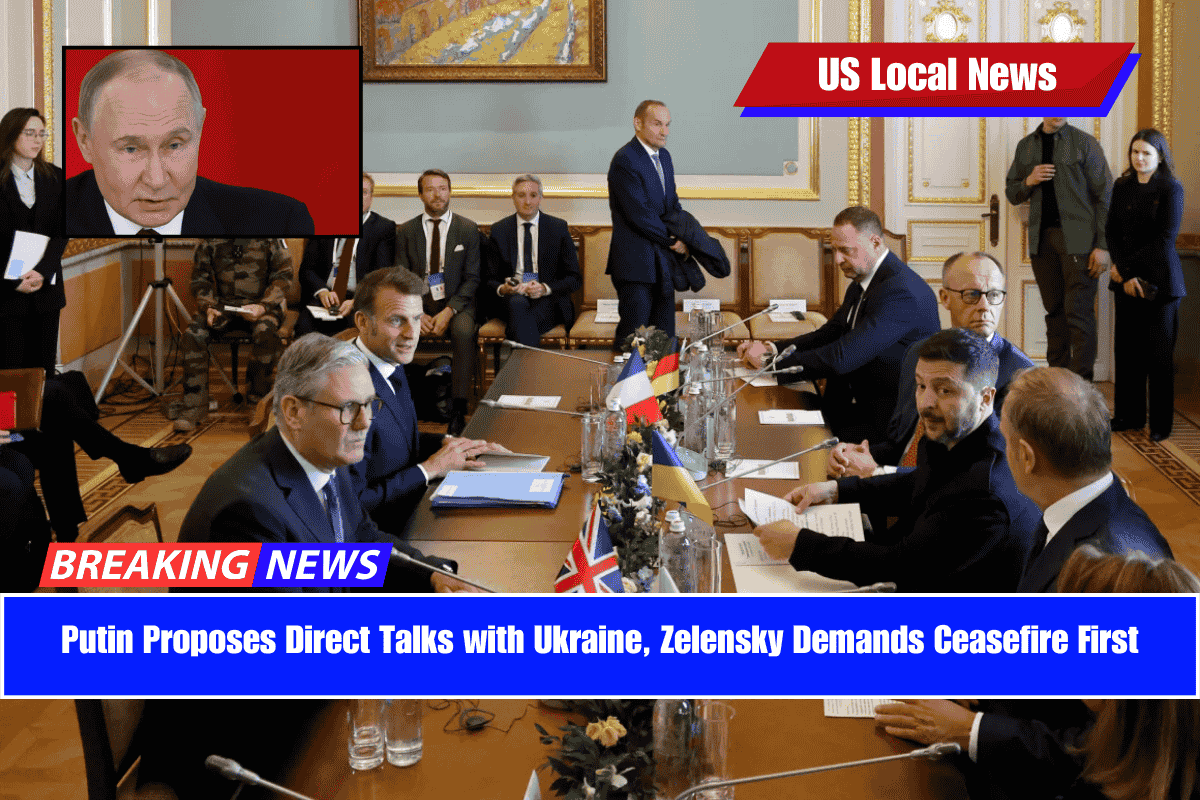


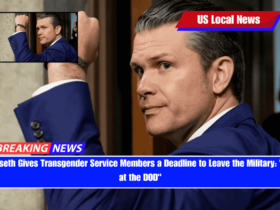

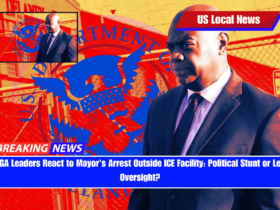
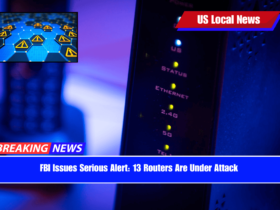
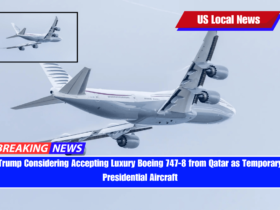
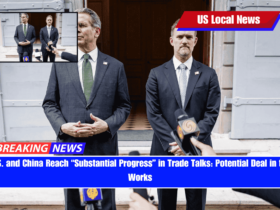
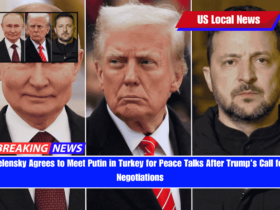
Leave a Reply